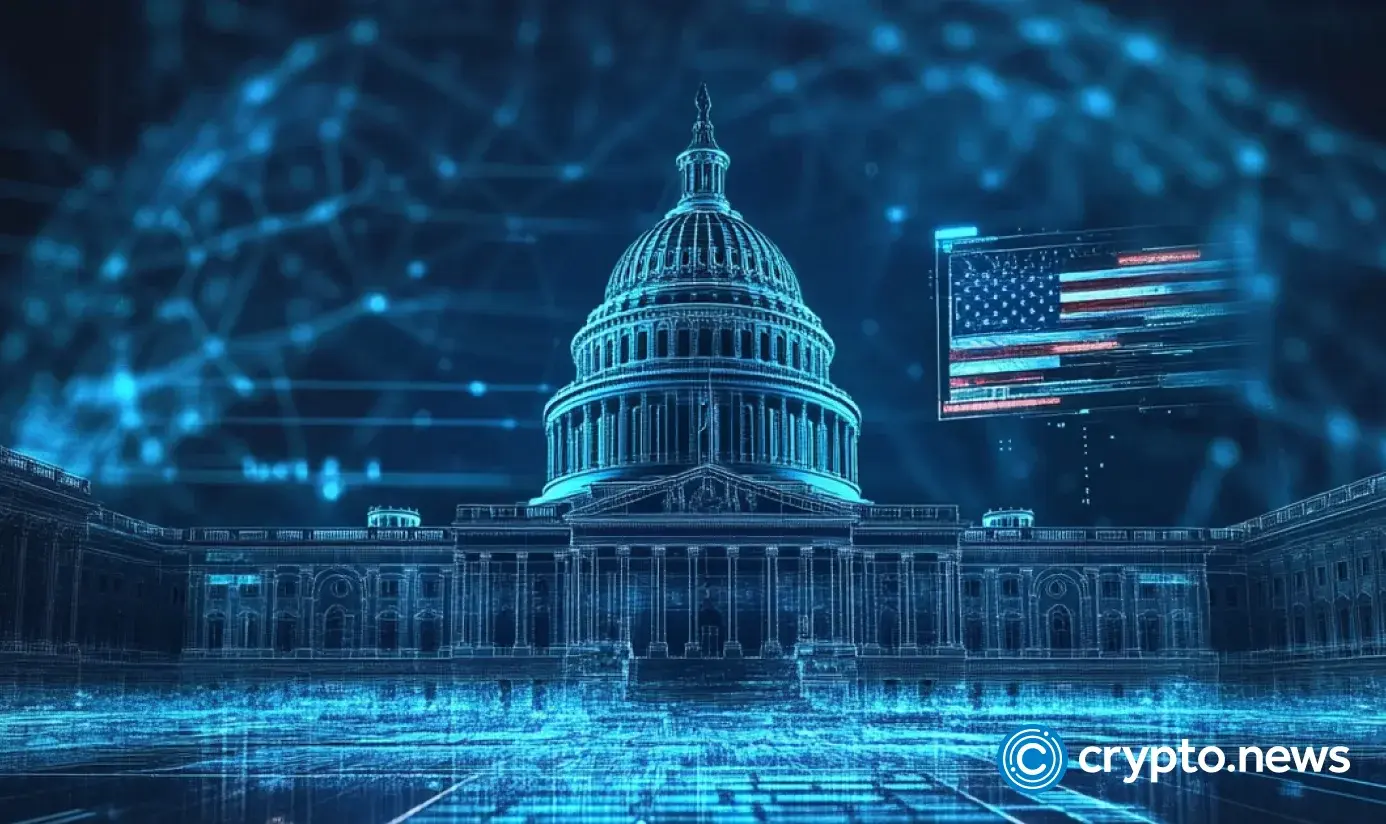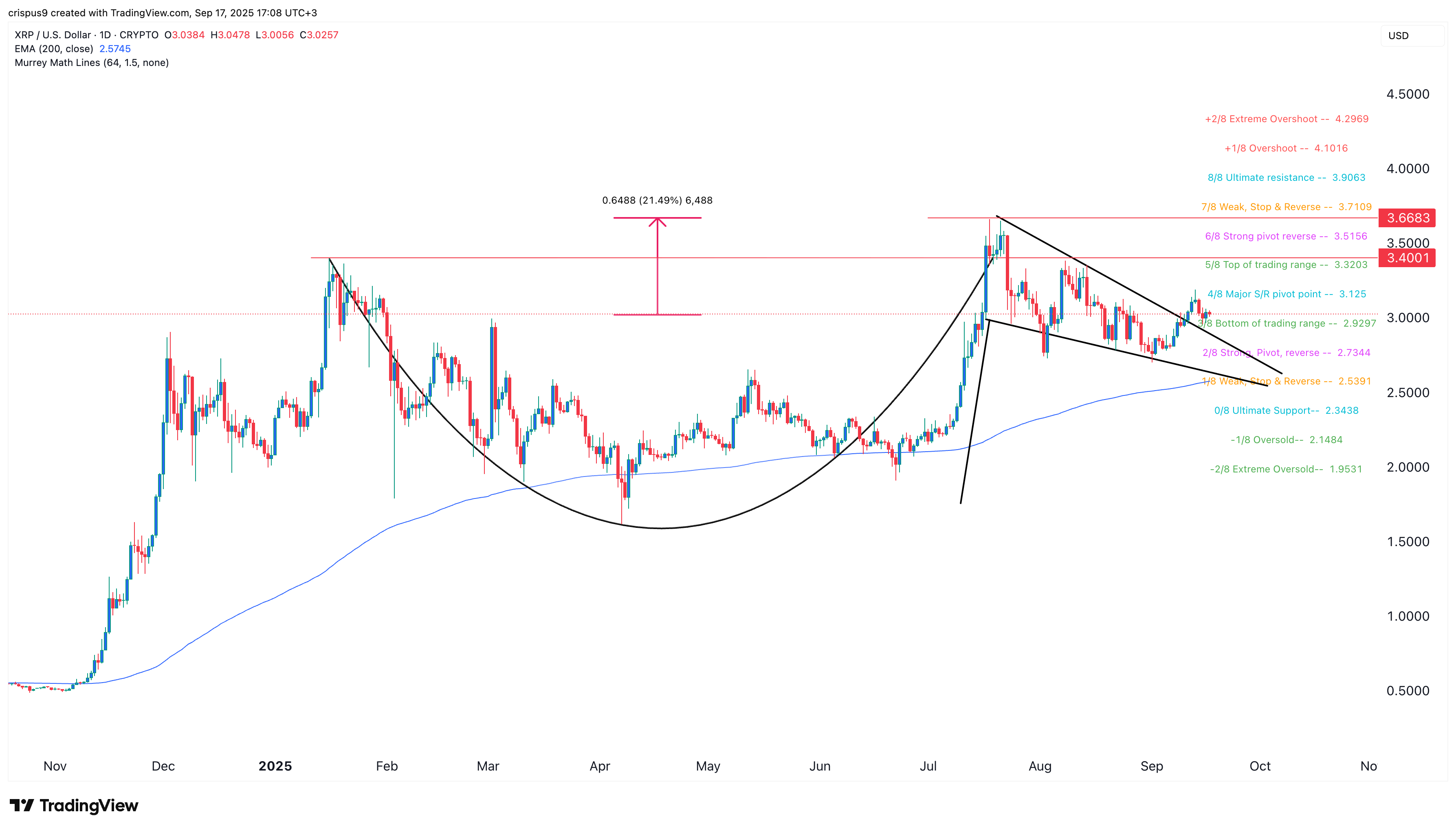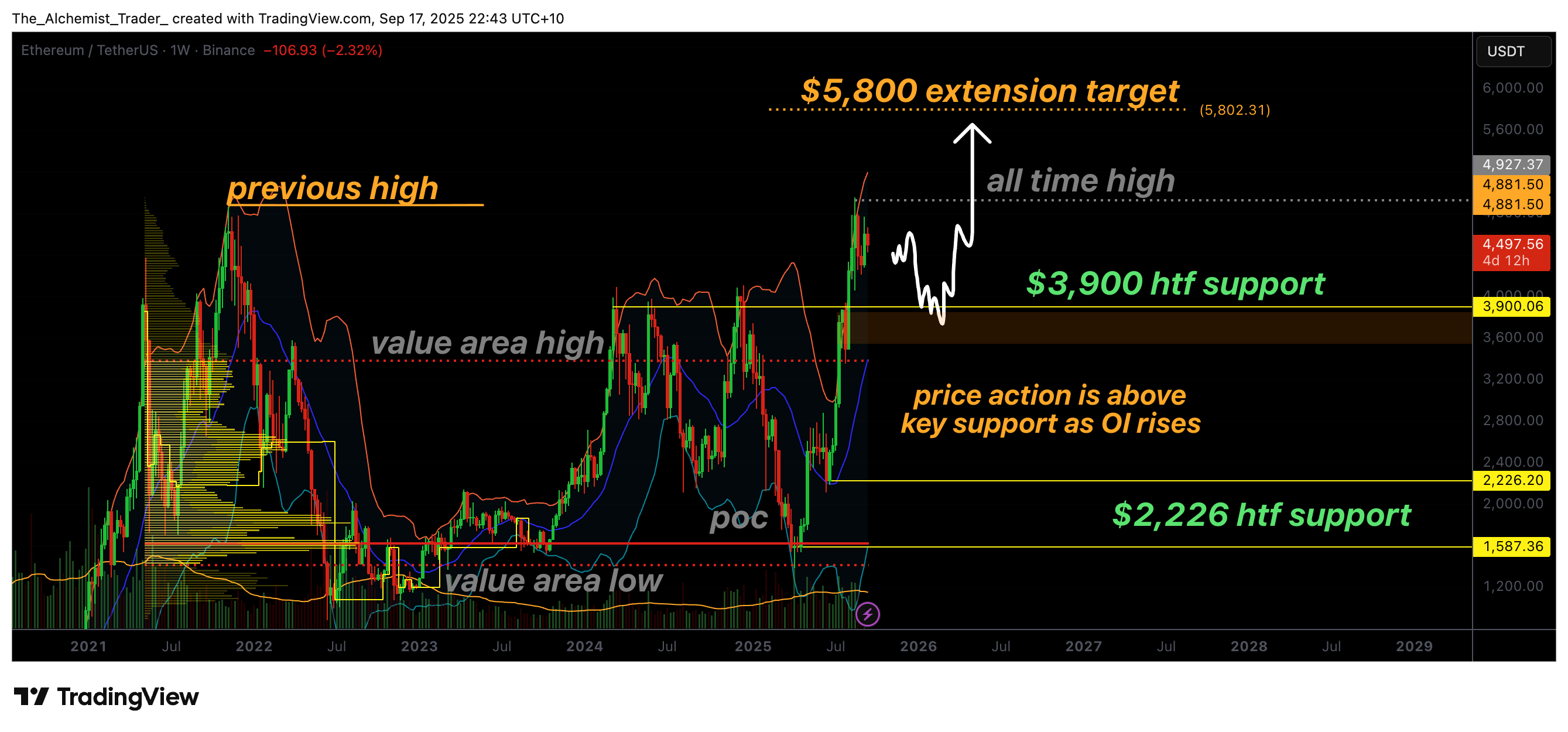Senator Tim Scott courts Democrats for crypto bill as Warren rallies opposition

By putting a number on his expected Democratic support, Senator Scott appears to be applying pressure and cracking a public whip count that might force hesitant senators to declare their position, turning a policy debate into a political test of loyalty and vision.
Summary
- Senator Tim Scott predicts 12 to 18 Democrats may back the CLARITY Act in September.
- The bill seeks to establish U.S. crypto market structure and regulatory clarity.
- Scott identifies Senator Elizabeth Warren as a key obstacle to bipartisan support.
Speaking at the Wyoming Blockchain Symposium on August 19, Republican Senator Tim Scott publicly quantified his expected Democratic support for the upcoming CLARITY Act, predicting between 12 to 18 cross-aisle votes.
The Senate Banking Committee Chairman detailed his outreach to Democrats, framing the vote as a necessary step to provide regulatory certainty in the crypto industry and to deliver on President Trump’s stated goal of making the U.S. a global hub for digital finance.
Notably, Scott directly addressed the primary obstacle, naming Senator Elizabeth Warren as the central “force to overcome” for Democrats who might otherwise be inclined to support the market structure legislation.
Warren’s objections and the politics of crypto regulation
The Senate’s draft bill, which builds upon the House’s CLARITY Act, seeks to clarify how the SEC and CFTC divide oversight and provide legal certainty for exchanges and token issuers.
For its backers, the bill represents a long overdue modernization of financial rules to accommodate crypto, a sector that has grown far faster than regulators’ ability to police it. Scott and other Republicans argue that without a comprehensive structure, innovation will drift overseas, leaving American markets behind.
Warren, the Banking Committee’s top Democrat, has cast the bill in starkly different terms. She has lambasted the Republican draft as an “industry handout,” arguing it creates a bespoke regulatory regime with weaker consumer protections and lighter compliance burdens than those mandated for traditional banks and financial institutions.
The Senator’s central critique is that the bill, shaped significantly by industry input, prioritizes the wishes of the crypto lobby over the financial safety of everyday Americans, potentially exposing the economy to systemic risks. She ties this to a broader narrative of corruption, highlighting the potential for conflicts of interest.
The political elephant in the room
Senator Elizabeth Warren’s line of criticism dovetails with a potent political attack from Democrats focused on President Trump’s business interests. They point to the estimated $620 million in profits his family has reportedly garnered from various crypto ventures, including DeFi projects and memecoins, as evidence that the administration’s pro-innovation stance is less about national policy and more about personal enrichment.
This framing appears to taint the entire legislative effort, making support for the bill politically toxic for Democrats by associating it with the President’s private financial gains.
Despite this formidable hurdle, Scott’s optimism is fueled by more than just hope. It is rooted in the unprecedented alignment of a crypto-friendly executive branch. He is counting on the Trump administration to act as a powerful ally, both in lobbying hesitant legislators and in preparing the regulatory machinery for a swift implementation should the bill pass.
“We now have a team that’s leaning in and we feel like we have to get it done now. Executive action is not enough – period. If one president hated it, this one loves it, we need a Senate and a House that gets legislation passed,” Scott said in a statement.
What is at stake in September is nothing less than the immediate future of the American digital asset industry. Senator Scott’s self-imposed end-of-month deadline for committee action is a critical test of his political capital and his ability to forge a working coalition.




